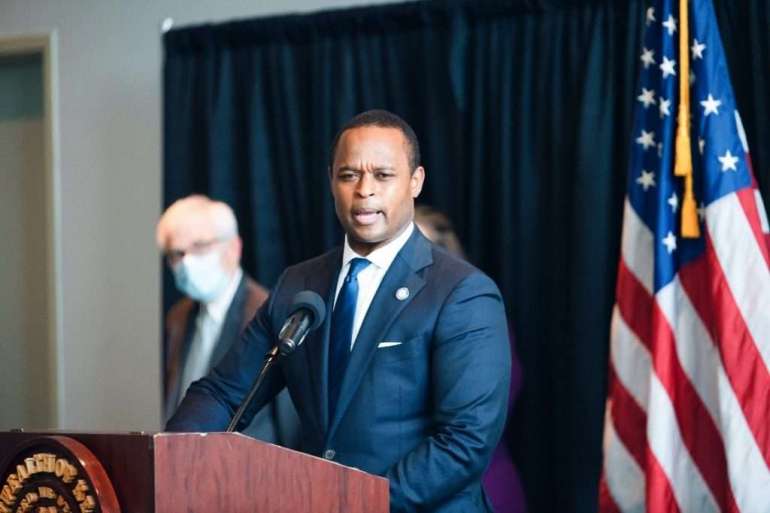Supreme Court agrees to hear first abortion case with 6-3 conservative majority

However, the first arguments it will hear in an abortion-related case won’t address restrictions on the procedure. At the same time, the court for months has been delaying a decision on whether to take up a direct challenge to Roe — a Mississippi ban on abortions after 15 weeks of pregnancy, which lower courts have blocked.
The Kentucky case: The case, Cameron v. EMW Women’s Surgical Center, concerns Kentucky’s 2018 ban on a common method of surgical abortion used after 15 weeks of pregnancy, known as dilation and evacuation. The was signed by the previous Republican governor, Matt Bevin, but was blocked by lower federal courts.
Kentucky Attorney General Daniel Cameron, a Republican, is seeking to defend the law in court after Democratic Gov. Andy Beshear’s administration refused. The 6th Circuit rejected Cameron’s request, prompting him to appeal to the Supreme Court for the right to intervene.
Cameron had also asked the justices to reconsider the constitutionality of the Kentucky law in light of a recent Supreme Court ruling that conservatives believe could pave the way for more limits on abortion. Though a narrowly divided Supreme Court in that case, June Medical v. Russo, struck down a Louisiana law regulating abortion clinics, Chief Justice John Roberts’ concurring opinion signaled that federal courts could uphold abortion restrictions that had no medical justification as long as they weren’t overly burdensome to patients.
However, the court said it would only hear arguments on the more narrow procedural question of whether Cameron could intervene in the case and not whether the 6th Circuit ruling should be vacated.
What it could mean: If the justices side with Cameron, it could open the door for more state officials to defend abortion laws when their governors choose not to do so.
Anti-abortion groups cheered the court’s decision to take the case.
“State legislators acting on the will of the people have both the duty and the right to protect their most vulnerable citizens — born and unborn,” said Susan B. Anthony List President Marjorie Dannenfelser. “We look forward to seeing this right upheld.”
But progressive groups opposed to the Kentucky ban downplayed the implications of the case.
“This case is only about whether the [Kentucky] attorney general, after having sat on the sidelines of this lawsuit, can jump in at the last minute in an effort to revive an unconstitutional law,” said Andrew Beck, senior staff attorney at the ACLU Reproductive Freedom Project. “We will continue to work to make sure this ban never takes effect.”
A hearing in the case will likely be held later this year.